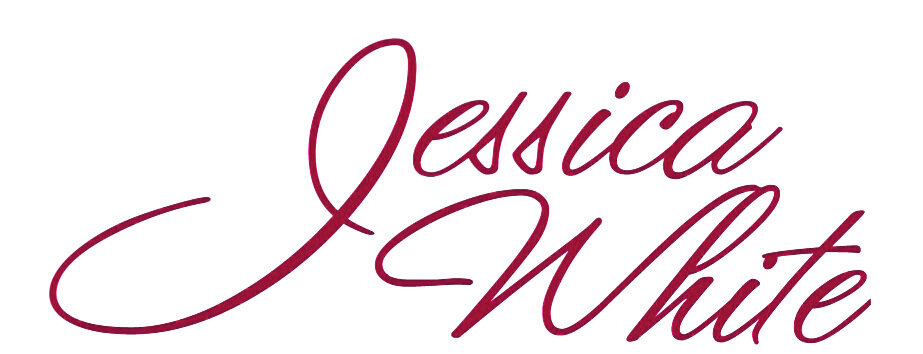On Scepticism and Creativity
When I came home from London and moved to Brisbane, I had to start my life again from scratch and meet new people, as the friends I'd made before London were in Sydney. Also, having spent four years writing a thesis in an intellectually demanding and rigorous environment, my brain was starving. To remedy both these things, I joined a sceptics group. I knew very little about scepticism, but I was up for anything that would help me think.
The roots of 'scepticism' are to be found in the Latin word scepticus, meaning 'inquiring and reflective', and further back still in the Greek word skeptesthai, meaning 'to consider', suggesting a framework of thinking that is both exploratory and doubting. In other words, a concept is never taken as a given, but is explored from a multitude of angles. Or rather, as in our sceptics meetings, it is whacked to pieces with a plethora of different viewpoints.
Initially I found that this kind of thinking very different from that to which I was accustomed. I spend most of my time recalling memories, daydreaming, watching people, writing down ideas, reading and appreciating language, and making links between all of the above. If there is a word to describe how my brain works, it would be 'organic'. In our sceptics group, by contrast, theories are presented, picked apart and examined, like organs dissected in a lab. There isn't so much a building up as a breaking down of elements. This manner of thinking certainly has its merits, not least when it comes to questioning religions such as that of the Divine Truth, headed by a man who believes he is the reincarnation of Jesus Christ (and on this note, if any reader would like a fictional rendition of the impact of cults, I direct them to Janette Turner Hospital's startling Oyster, one of my favourite books).
Yet I have been, to my knowledge, the sole artist in the group, and largely the participants hail from fields such as IT. I have also found that, despite being an intelligent woman, I find many of the concepts difficult to grasp because, as above, my thinking tends towards the imaginative rather than the deductive. This has had me wondering, lately, if scepticism and creativity are compatible.
P1 once said to me, “When you hear hoof beats, think horses, not zebras.” It took me a while to work out what this meant. I read it as: if you hear what you think it is, then it's probably that. Some help from Wikipedia confirmed this, and indicated that it's usually used in medical circles, where a 'zebra' is medical slang for a surprising diagnosis. However, as someone trained to think of the most original interpretation of an idea possible (because clichés mean death for writers), I would have thought that thinking of zebras was the best approach to take.
The business of being a writer also involves creating new worlds, not breaking them down. Even when research is used to substantiate those worlds, the interplay of imagination means that the world will never be represented as it actually is (which brings up an additional question of whether anything can be translated accurately). Can a writer, then, also be a sceptic?
The answer of course, is yes, but you need to learn to switch off different parts of your brain. Latterly I've realised that I have been doing this for as long as I've been writing. When I started studying creative writing at uni, I got bored because I had too much time on my hands, and took on another degree in English Literature. Through this, I learned to analyse and take apart texts, which of course is the job of any writer learning their craft, but my lecturers taught me how to do it in a structured and intensive way. And this is what I, in turn, teach my students, telling them, 'You can argue whatever you like, as long as you have evidence from the text to back it up.'
However to use this kind of thinking still requires an active change of gears – it doesn't come naturally. I wonder, then, if some people are by nature dreamers, or sceptics, and if the latter need to be taught how to dream the way in which I am taught to pull things apart? I don't have any concrete answers and, even if I find the sceptics group hard work, I persist in attending. The people are marvellously different and I always get good ideas for stories. One, in fact, has been a zebra that I have happily chased all over the plains to lasso, and now it is turning into my third novel.

